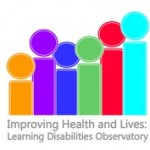
Previous studies have suggested that people with mild learning disability show a higher rate of offending when compared with peers without learning disability and that this rate is especially high in those aged under 18. High rates of learning disability have also been found in studies of young offenders in custody. In the U.S., one [read the full story…]









